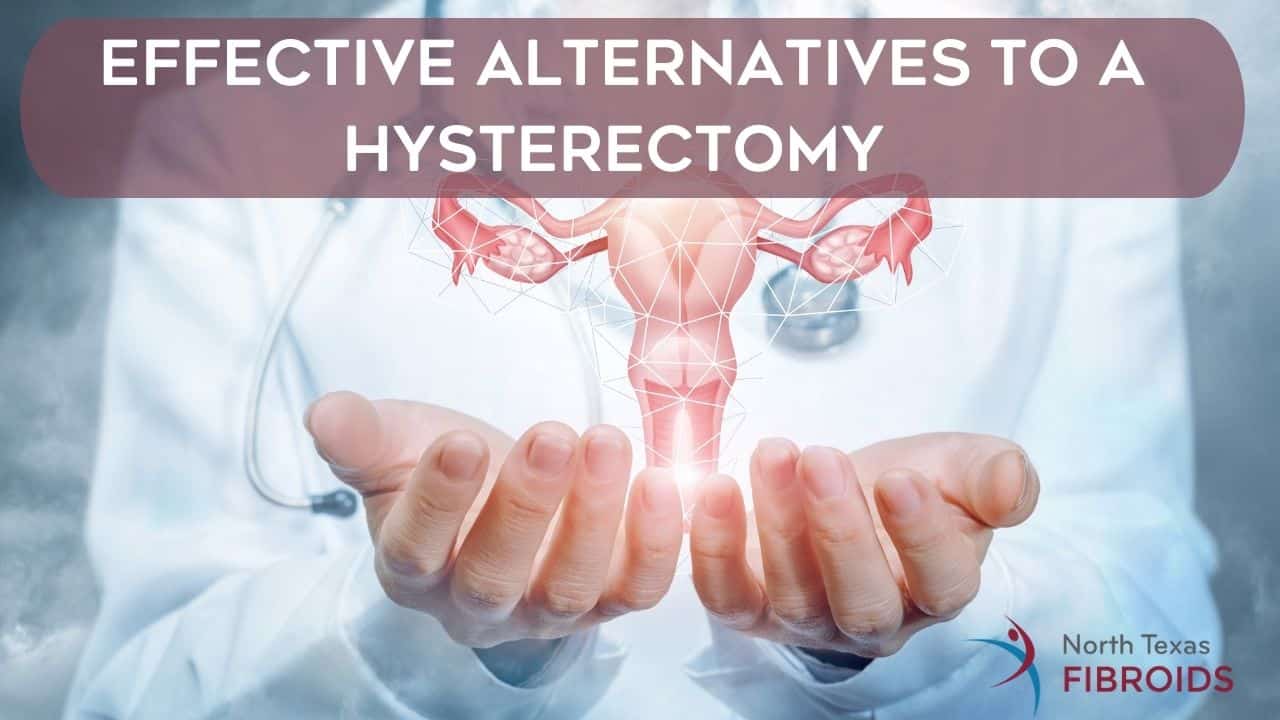Why should I avoid a hysterectomy?
When it comes to health decisions, making the right one for you can be difficult. There are a lot of factors to consider and options to weigh. One decision that many women face is whether to have a hysterectomy. While this procedure can offer relief from various health problems, it’s important to understand all of the implications before deciding if it’s right for you, and the alternatives you have to a hysterectomy.
Why do most women have a hysterectomy?
Most women who have a hysterectomy do so because they have been experiencing problems with their reproductive system, such as heavy bleeding or pelvic pain. In some cases, a hysterectomy may be recommended as a preventive measure against conditions such as cancer. While there are potential risks associated with any surgery, a hysterectomy is generally a safe and effective procedure. Ultimately, the decision whether or not to have a hysterectomy is a personal one that should be made after careful consideration of all of the potential risks, and the alternatives that are available.
Despite the fact that hysterectomies are fairly common, many women still feel reluctant to undergo the procedure. This is understandable, as it is a major surgery with potential side effects.
What is an alternative to a hysterectomy?
Uterine Fibroid Embolization (UFE) is a minimally invasive procedure that involves injecting a small amount of material into the arteries that supply blood to the uterus. This material blocks the flow of blood to the fibroids, causing them to shrink. UFE is typically performed as an outpatient procedure, and it does not require a hospital stay. Recovery from the procedure is usually fairly quick, and most women are able to return to their normal activities within a few days.
For most cases North Texas Fibroids use a procedure that cuts off the blood supply to the fibroids by going through the wrist.
Reasons to avoid a hysterectomy
“Long-term health issues associated with hysterectomy were especially pronounced for younger women,” said Mary Elizabeth Dallas with Web MD. “The study found that women younger than 35 had a 4.6-fold higher risk of congestive heart failure and a 2.5-fold greater risk of coronary artery disease, or a buildup of plaque in the arteries”.
“This is the best data to date that shows women undergoing hysterectomy have a risk of long-term disease — even when both ovaries are conserved,” Laughlin-Tommaso said in a Mayo news release. “While women are increasingly aware that removing their ovaries poses health risks, this study suggests hysterectomy alone has risks, especially for women who undergo hysterectomy prior to age 35.”
1. Hysterectomies are major surgeries and come with all of the risks associated with any other kind of surgery, such as infection, blood loss, and reactions to anesthesia.
2. Hysterectomies can cause scarring in the abdomen and pelvis, which can lead to pain and adhesions.
3. Hysterectomies can cause damage to surrounding organs, such as the bladder and intestines.
4. Hysterectomies can cause menopausal symptoms, such as hot flashes and night sweats, even in women who are still of childbearing age.
5. Hysterectomies can have a profound emotional impact, as they can cause feelings of grief, loss, and even depression.
Dr. Robert Handley is a highly accomplished fibroid specialist with clinics in Flower Mound, Dallas, and Cedar Hill. North Texas Fibroids empowers women with the alternative to a hysterectomy by using a state-of-the-art, non-surgical alternative for uterine fibroid treatment and adenomyosis procedure, (UFE) Uterine Fibroid Embolization, to bring pain relief from fibroids. If your ready to live your best life give us a call (972) 640-9720 or complete our Contact Form.

